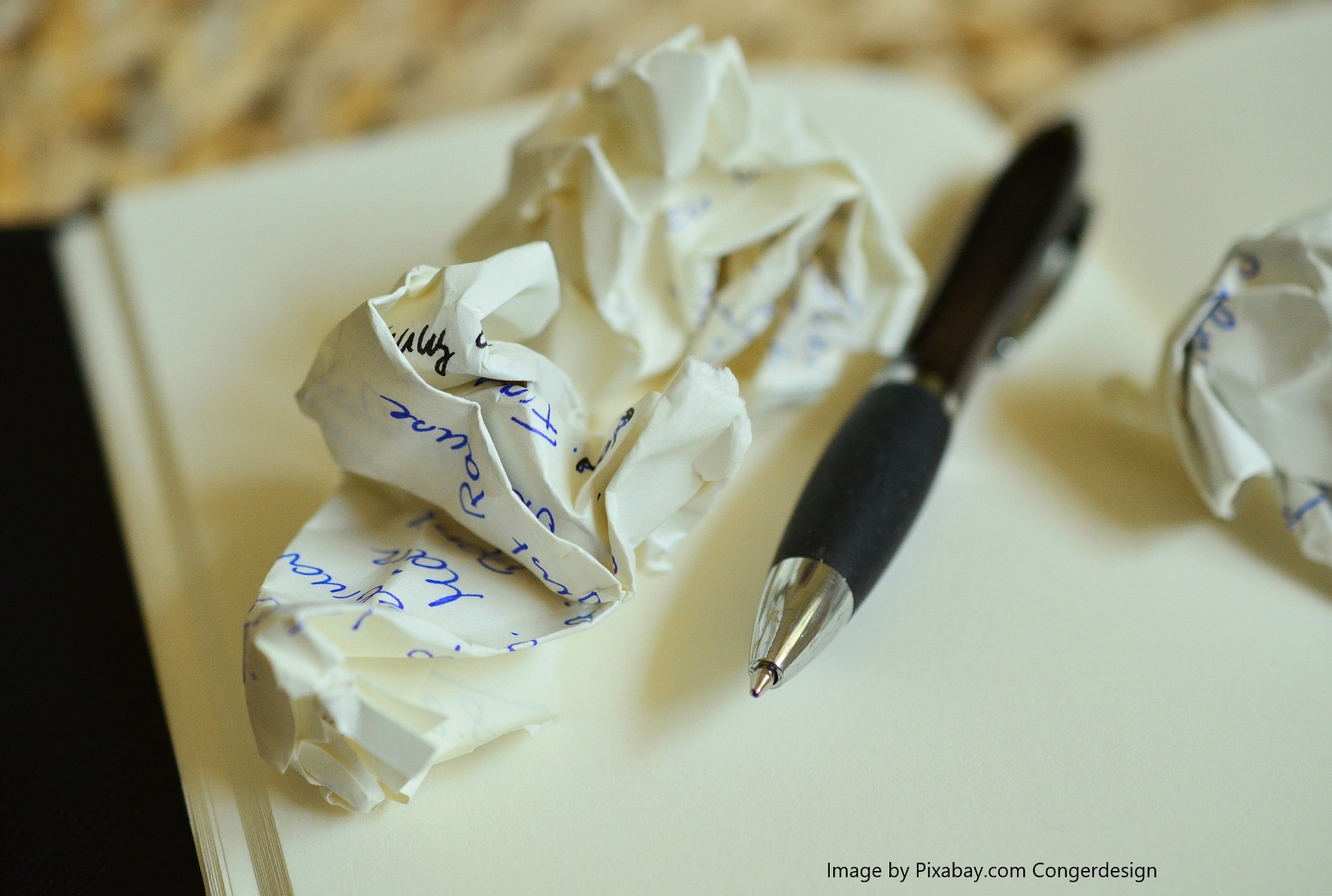Making the List
by Cindy Layton
I’ve been thinking a lot about influential writers and what makes them so. A search for that subject brought up lists. Fifty books that changed the world. The twenty most influential writers of the century.
I generally shy away from lists: the best of, the fifty most, top twenty - eye shadows, dog breeds, places to raise your children vaccine-free. You get the idea. Compilations meant to aggregate anything into a group tend to skew my mind toward what’s not there. I tend to value more the underdog in the fight; those books, musicians, writers, who get waved to the side.
But there can be value in lists. They can be an indicator of trends, of popular thought, of generally agreed upon principles. It doesn’t mean everyone agrees. It only means that someone, or a group of respondents have weighed in on a certain subject and the results are compiled in any manner of ways, be it ranked choice, most to least votes, alpha/numeric.
What, exactly, might be gleaned from them?
A list of anything creates a data source. A list of twenty best-selling novels is an opportunity to discover what, if anything, is consistent within those twenty. Are there qualities among those on the list that are similar? What made the writing stand out? Why did it make the list? The wider the scope of the list, the better the chance to find relevant consistencies. If the list spans a decade it may reveal more limited data than if it spans a century. If the list is restricted by genre or other criteria, it may reveal better data about that subset.
A list is also a reflection of values. This list of the 50 Books That Changed The World is revealing in what the selections emphasize. Note how the sections are separated, the number of listings that appear within each section and their numerical rankings. Leading the list is books about politics, garnering rankings 1-10, then literature 11-30, society 31-39, science 40-45, and religion 46-50. Would the reader be wrong to assume that politics, the first in the list, is more important than literature, the next leading subject? What are we to assume when literature is given 20 spots and religion and science only five? Is it a reflection of its relative importance or a dearth of qualified writings? Maybe the compiler of the list was never good at science and is an atheist.
The first woman to be included, Harriet Beecher Stowe, appears as number 25 overall, under literature, for Uncle Tom’s Cabin. Stowe is one of two female writers, the other being Toni Morrison, at number 29.
The list is either a long-lensed view of the limitations placed on women through history or a reminder that accomplishments of women are frequently discounted, categorized and relativized. The most appearances in any category, four out of nine within “Society,” reflects the list’s emphasis on women’s search for equality and social justice by including books such as The Second Sex and A Room of One’s Own.
A list is, by its nature, self-limiting. Twenty of anything will always make me question number 21. It’s not comprehensive, but 50 is no better. One hundred might be too many or not enough. The relative size of the list compared to the subject will always feel disproportionate.
Lists are not polls. They’re a subjective rendering of another person’s or a group’s view. These lists will never be our lists of favorite books of all time or books that influenced us.
Lists can tell us things but they will never reflect what we already know.





